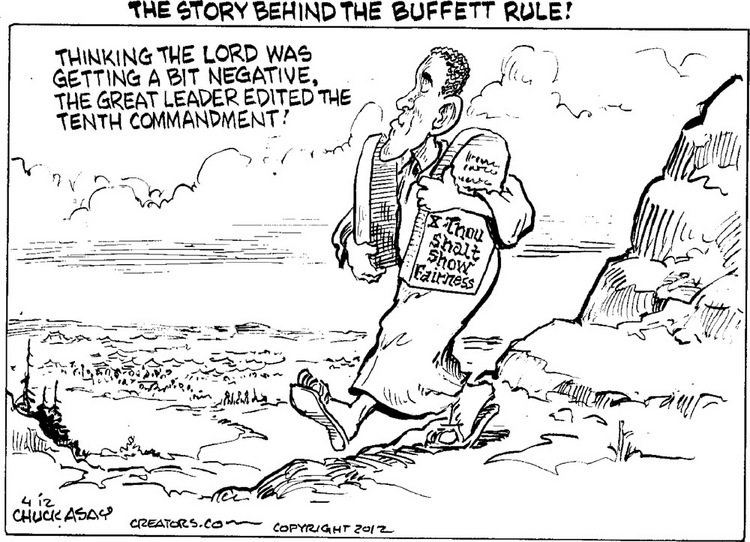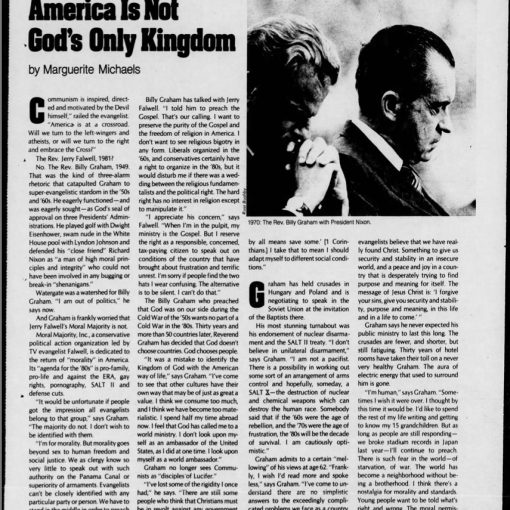This is not about Oprah.
CHE has a very interesting little piece about presentations given at TED conferences. He contrasts two speakers, one who “got the whole nerdy hipster thing going” and another who wore a blazer (but cut brains into thin slices like deli meats. I was the MC for TEDxPSU last year at Penn State and I may offer a presentation this year, so I have been thinking about what makes a good presentation myself.
Part of the enthusiasm for these talks is the fervor of the moment, face it, TED is a geek rally, a sort of Burning Man for those who don’t want to get naked, paint themselves, and do pot (or at least none of those things while sitting in an auditorium). Still, there is great value in TED talks, they can be marvelous gems and I have found them very useful in classes. But should we go for the O or the HMMMM. I think I would rather make folks think, have them still sitting in their chairs saying to themselves, “wait a minute, he might have a point.”
Slavin [hipster] got a standing ovation, while Jones [brain butcher] received fairly enthusiastic but still-seated applause.
So what does that indicate? Well, here’s what a blog post on the TEDActive site has to say:
The standing ovation is the original test of crowd wisdom. The audience reaction (and soon the online reaction) seems like a good predictor for which ideas at TED will stick and have a lasting impact on large scale.
Really? I enjoyed Slavin’s presentation and thought it was entertaining and insightful. I enjoyed Jones’s presentation, too—though, to be honest, not as much because he’s stiffer on stage. But the dude is thin-slicing the brain, people. I’m going to argue that what he’s up to has the potential to have a more lasting impact on a larger scale than the clever stylings of an app maker.
The rise of TED in recent years is amazing. Asking smart people from diverse fields to present their most brilliant ideas in 18 minutes is, in itself, brilliant. It’s awesome that there can be viral videos, like this one, that are about education and creativity rather than overly dramatic chipmunks.
But I think whether TEDsters leap from their seats and slap their palms together says more about the polish of the performer than the staying power of a particular idea.




3 thoughts on “The power of O at TED Conferences”
What would your presentation be about? (I’m a total TED geek.)
For TEDxPSU I have been thinking about two related topics. The more “dramatic” would be a critique of the culture of entrepreneurship. I am more and more becoming convinced that for
the vast majoritymany “entrepreneurship” is simply a respectable synonym for “greed.” Gordon Gecko’s advice aside, I think this should be challenged.On another level it is also an excuse for being unwilling and unable to work and play well with others. Am I not succeeding in my current situation with Big Company? Surely it cannot be me for I am brilliant! I can see clearly how to transform this space and fill the vertical. I am being stifled and must branch out, do it on my own because The Man will always keep us down!
The other topic, not too surprisingly, is honor. I think we need to reconsider what honor is in this age and how/if we ought to strive for it.
Just a quick question: Whether it’s “Many” of “Vast Majority” could you perhaps share a few examples?
And one might conclude based on your second paragraph in the comment that these entrepreneurs are in a sense deluded, thinking they are brilliant. Are you thus proposing delusions and ego as the reasons 80% of all small businesses fail?